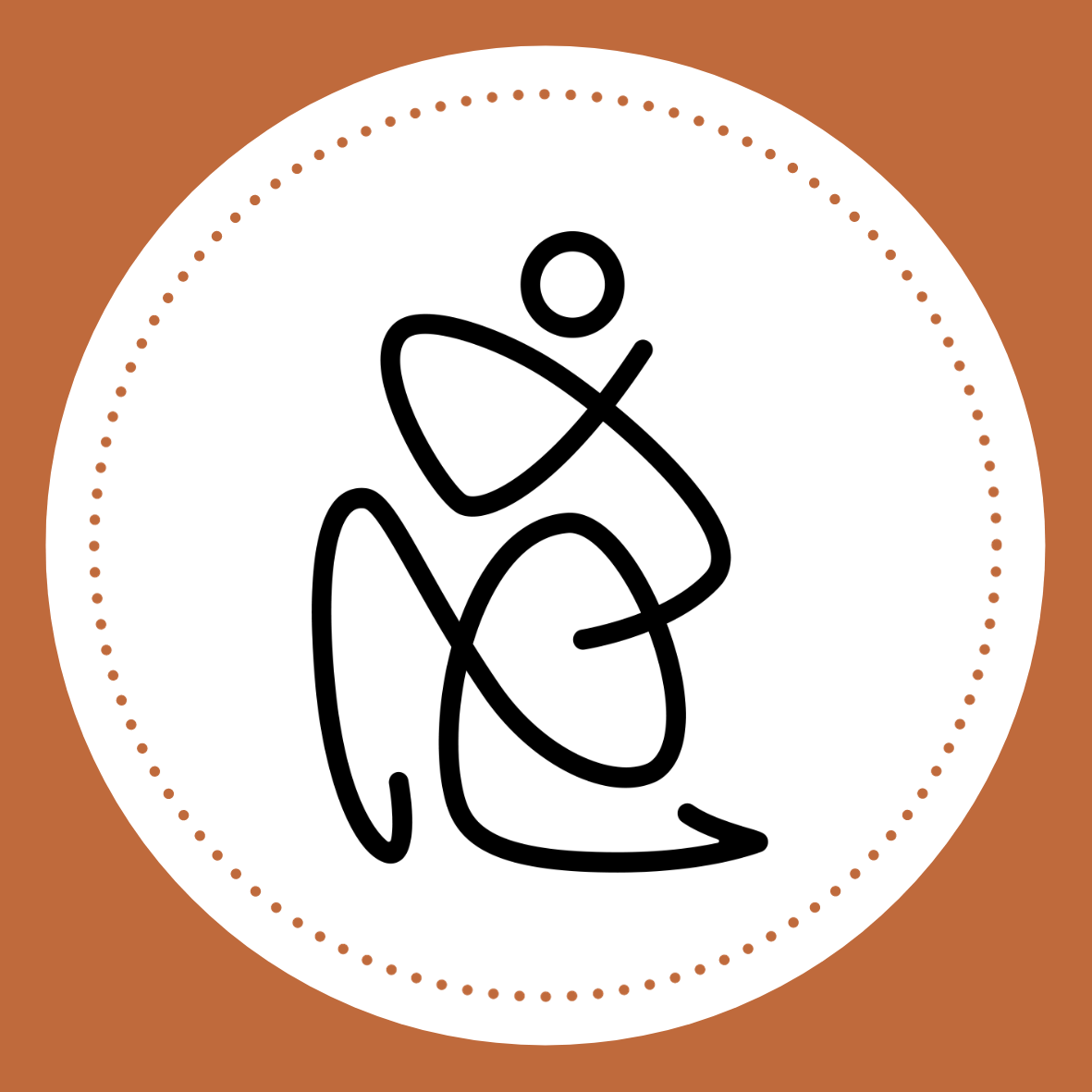Boron
There’s a lot of confusion around Boron, so let's clear a few things up.
Boron is a trace mineral—a combination of boron, sodium, and oxygen—naturally found in dry lake beds where mineral-rich water has evaporated, such as California’s Death Valley.
While often overlooked, Boron is critical for human health, and through extensive research and clinical observation, we’ve seen its impact firsthand.
For those who want to dive deeper, here’s a link to a full National Institute of Health (NIH) report on Boron: 🔗 NIH Research on Boron
Proven Benefits of Boron
Boron is involved in countless biological functions. Here’s what research and clinical studies have shown:
Supports bone growth and maintenance
Dramatically improves wound healing
Beneficially impacts the body's use of estrogen, testosterone, and vitamin D
Boosts magnesium absorption and improves mineral utilization
Reduces inflammatory markers like high-sensitivity C-reactive protein (hs-CRP) and tumor necrosis factor μ (TNF-μ)
Raises levels of antioxidant enzymes, including superoxide dismutase (SOD), catalase, and glutathione peroxidase
Protects against pesticide-induced oxidative stress and heavy-metal toxicity
Improves brain electrical activity, cognitive performance, and short-term memory—especially in elders
Influences vital biomolecules like S-adenosyl methionine (SAM-e) and nicotinamide adenine dinucleotide (NAD+)
Shows preventive and therapeutic potential in cancers such as prostate, cervical, lung cancer, and certain lymphomas
May reduce side effects of traditional chemotherapy treatments
Key Insights from Research:
In nearly all studies, boron's benefits do not appear at intakes less than 3 mg/day.
There are currently no official Estimated Average Requirements (EARs) or Dietary Reference Intakes (DRIs) for boron—only an Upper Intake Level (UL) of 20 mg/day for adults.
Studies consistently show no harm at moderate intake levels, and a wide range of benefits across metabolic, hormonal, cognitive, and skeletal systems.
Our Takeaway
If you’re consuming a modern diet that lacks fresh fruits and vegetables—or you’re navigating challenges like osteopenia, osteoporosis, osteoarthritis, or cancer risk—considering boron supplementation at 3 mg/day is a wise move.
Restoring mineral balance isn’t about adding more stuff—it’s about restoring the natural operating system of the human body.
When we bring these essential trace elements back into the body, the intelligence within knows exactly what to do.
